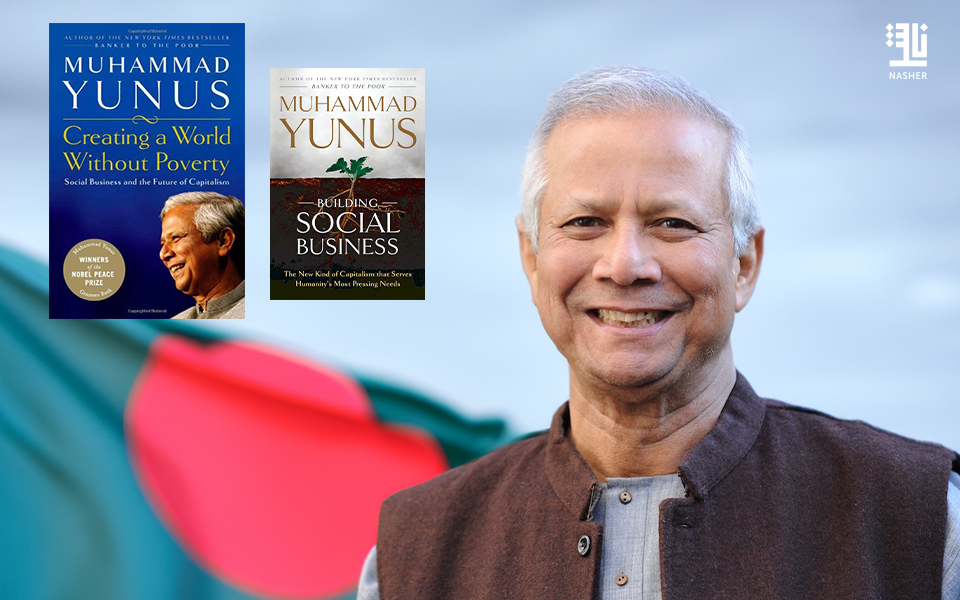Muhammad Yunus, the Nobel laureate and pioneering economist from Bangladesh, has long been recognized for his groundbreaking work in microfinance and social business. His research and practical applications, notably through the establishment of Grameen Bank, have empowered millions of impoverished people worldwide. Yunus’s books, including “Banker to the Poor” and “Creating a World Without Poverty”, encapsulate his philosophy that financial independence and entrepreneurial opportunities are essential for sustainable development.
In light of recent political unrest in Bangladesh, there is speculation that Yunus could assume a pivotal role in a transitional government. Yunus’s potential involvement raises high expectations due to his reputation for integrity and his visionary approach to economic and social issues. His emphasis on social business as a means to address societal challenges could offer a new direction for the country, fostering an environment where economic empowerment and social justice are prioritized.
Yunus’s critique of traditional capitalism and his advocacy for a more inclusive economic system, as expressed in his books, resonate deeply in a nation grappling with political instability and economic disparity. As Bangladesh stands on the brink of significant political change, Yunus’s ideas present a hopeful alternative that emphasizes grassroots empowerment and ethical governance. His leadership could herald a transformative period for Bangladesh, aligning with his lifelong commitment to creating a world where poverty is a relic of the past.







